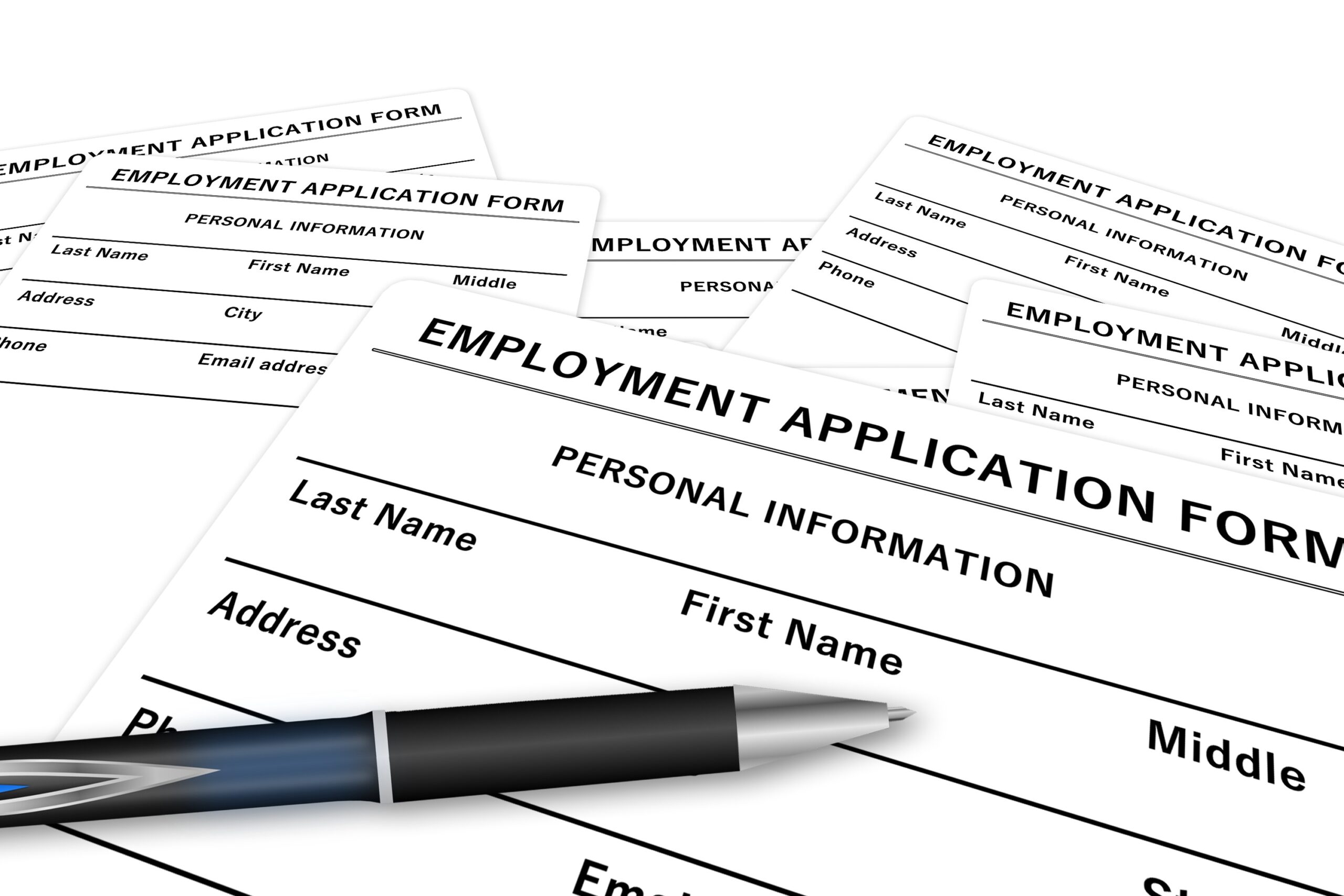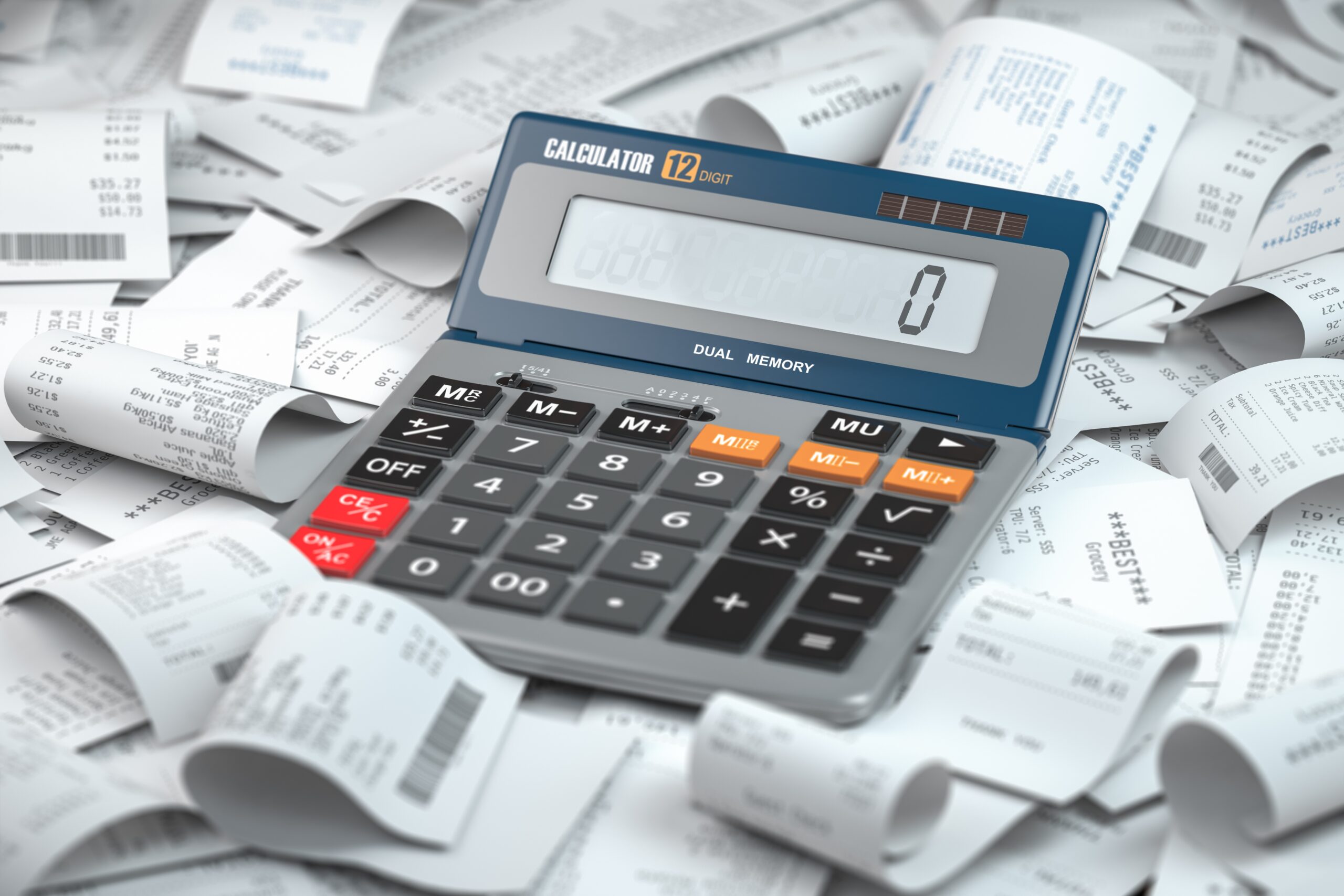Ofqual creates tool for looking at trends locally and nationally
On this year’s GCSE and A-level results days, regulator Ofqual will provide an app allowing teachers to compare changes their school’s grades with national and local patterns.
For some years, the exams and qualifications regulator has published reports looking at year-on-year variations in results across the “large-entry GCSE and A-level subjects”. Last year the information that feeds into these reports was made available via an interactive app that allowed users to filter national data by subject and grade. The app also allowed the data for GCSE students to be broken out and examined in isolation.
Although no individual school or college data is available via the app, it allowed teachers to “look at the variability in your school or college, in the context of similar schools and colleges, to get a sense of whether what you’re seeing is unusual, or just normal variation”, according to a blog post from Ofqual’s associate director of standards and compatibility Cath Jadhav.
The 2017 app allowed for comparison of GCSE grade distribution for the three subjects that were first to adopt the new 9 to 1 grading system: English language; English literature; and maths.
Related content
- DfE nationwide teachers’ jobs site set for April launch
- London Grid for Learning looks to work with 1,000 new schools in UK expansion
- DfE plans portal to help parents understand school system
A further 20 subjects, including separate and combined science GCSEs, will this year move to the new grading system, in which 1 is the lowest available grade and 9 the highest.
The 2018 edition of the Ofqual results-comparison app will include all the new 9-to-1 GCSEs.
“This means you’ll be able to look at any combination of one, two or three 9 to 1 GCSEs and see the grade profile for all schools and colleges in England, which allows you to put your own results in context,” Jadhav said. “For example, you’ll be able to look at all students who achieved at least a grade 7 in biology, and at least a grade 7 in chemistry, and see what grades they achieved in physics. And many other combinations.”
Another major addition to the app is the ability to break data down by county, enabling teachers to see how their grade variations compare with the cumulative trends of their nearby peers – as well as how differing areas of the country compare with one another.
Jadhav added: “We think this gives schools and colleges the opportunity to consider their own results in the context of results for all other local schools and colleges, and at subject level.”
The 2018 editions of the apps will be made available shortly after 9.30am on GCSE and A-level results days, which this year take place on 16 and 23 August, respectively. Last year’s versions remain available via the Ofqual website.




Thanks for every other informative website. The place else may just I am getting that
kind of information written in such a perfect method? I’ve a project that
I’m simply now running on, and I’ve been at the glance out
for such info.
Everything is very open with a precise explanation of the issues.
It was really informative. Your site is very useful.
Thank you for sharing!
I am really loving the theme/design of your website.
Do you ever run into any web browser compatibility problems?
A small number of my blog visitors have complained about my blog not operating correctly in Explorer but looks great in Firefox.
Do you have any solutions to help fix this problem?
Definitely believe that which you stated. Your favorite reason appeared to
be on the net the easiest thing to be aware of.
I say to you, I definitely get irked while people consider worries that they just do not know about.
You managed to hit the nail upon the top and defined
out the whole thing without having side effect , people can take a signal.
Will probably be back to get more. Thanks